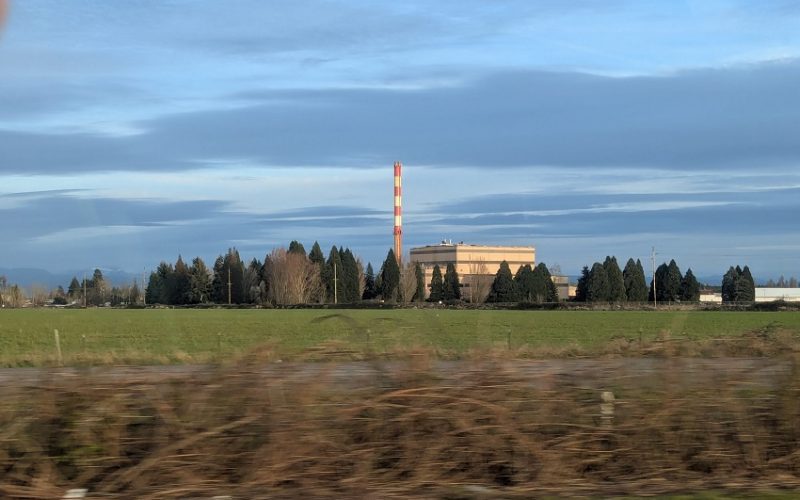Salem, OR – A new medical waste facility has received approval from city officials to begin operations in the Northgate neighborhood, despite vocal opposition from some local residents. The facility, which is set to process medical waste previously burned at the soon-to-be-closed Brooks incinerator, is part of the city’s plan to manage medical and hazardous waste in a more sustainable way following the incinerator’s closure in June.
The approval came after several public hearings, where neighbors expressed concerns about potential health risks, increased traffic, and the environmental impact of such a facility operating so close to residential areas. While many in the community are apprehensive about the facility’s presence, city officials and facility operators have assured the public that stringent safety measures will be in place to mitigate any risks.
“The closure of the Brooks incinerator presents a challenge for the city, and this new facility is part of a broader plan to ensure that medical waste is handled in an environmentally responsible manner,” said a spokesperson for the city’s planning department. “The facility will employ modern technology to safely process waste, reducing the environmental impact compared to traditional incineration.”
However, opposition groups argue that locating the facility in a residential neighborhood raises serious concerns. “We’re worried about the potential for hazardous leaks, the smell, and the increased truck traffic in our area,” said one resident, who participated in the community hearings. “This is a quiet, family-friendly neighborhood, and we’re afraid this will change the character of our community.”
City officials have emphasized that the facility will operate under strict guidelines to ensure public safety, including regular inspections and air quality monitoring. “We understand the concerns, and we’re committed to being transparent and addressing any issues that arise once the facility begins operations,” the spokesperson added.
Despite the opposition, the facility’s approval represents a necessary step in the city’s efforts to adapt to changing waste management needs. With the Brooks incinerator closing in June, officials are keen to ensure that medical waste is safely processed without relying on environmentally harmful methods like burning.
As the facility prepares to open, both the city and the local community will continue to monitor its impact, with the hope that it can coexist with the neighborhood while meeting the city’s waste disposal requirements.











